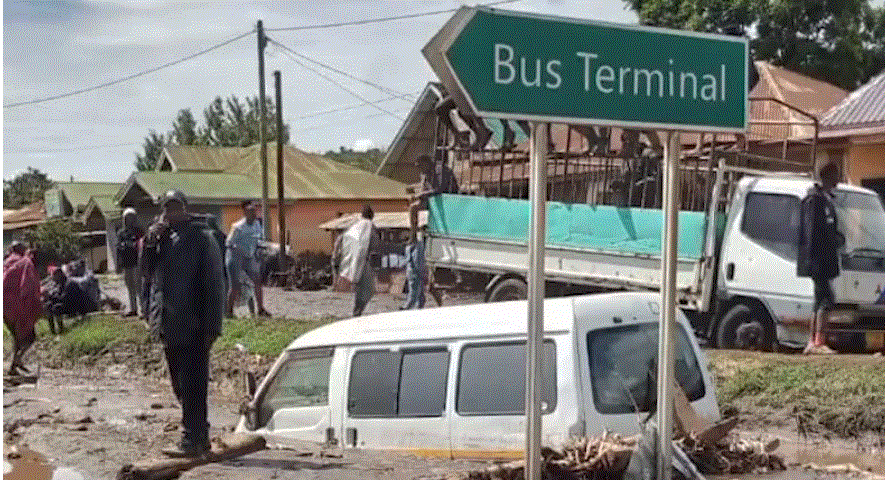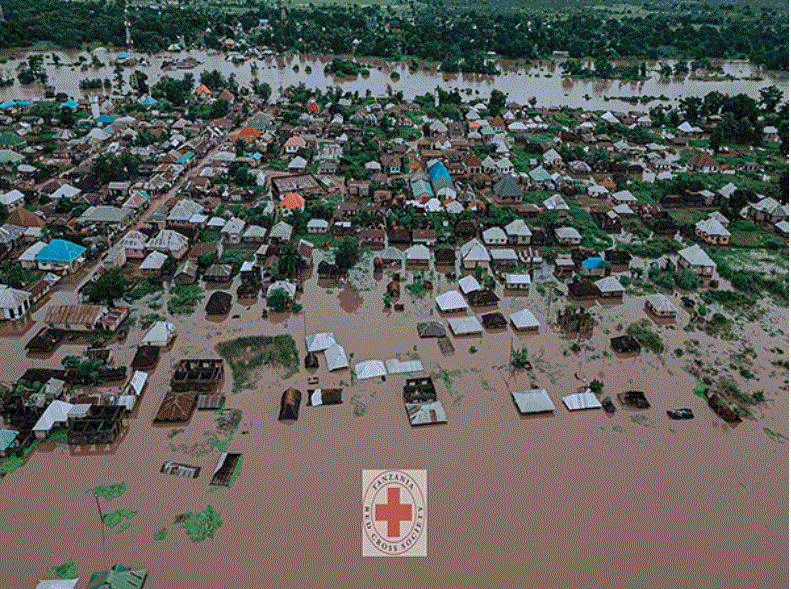Tanzania is grappling with a devastating humanitarian crisis as heavy rainfall continues to unleash havoc across the country’s coastal regions. Mobhare Matinyi, a spokesperson for the Tanzanian government, revealed over the weekend that the ongoing flooding has claimed the lives of 58 people and displaced thousands more.

The relentless downpours have triggered widespread flooding, causing extensive damage to homes, farmland, and infrastructure. According to Matinyi, the disaster has left a trail of destruction, affecting over 126,000 people and rendering tens of thousands homeless.
The situation is particularly dire in coastal areas, where rivers have burst their banks and inundated communities with floodwaters. As the rainfall persists, concerns mount over the potential for further devastation and loss of life.
Reports indicate that more than 75,000 farms have been submerged, exacerbating concerns about food security and livelihoods for affected communities. The flooding has disrupted agricultural activities, destroying crops and livestock, and compounding the challenges faced by already vulnerable populations.
Emergency response efforts are underway, with government agencies and humanitarian organizations mobilizing resources to provide assistance to those affected by the disaster. Relief efforts include the provision of shelter, food, clean water, and medical aid to affected communities.
The Tanzanian government has called for urgent support from the international community to bolster its response to the unfolding crisis. Authorities are coordinating rescue and relief operations, prioritizing the evacuation of stranded individuals and the delivery of essential supplies to hard-hit areas.
Efforts to mitigate the impact of the flooding are hampered by logistical challenges and limited resources, underscoring the urgent need for coordinated action and support from both domestic and international partners.
As Tanzania grapples with the aftermath of the devastating floods, attention is increasingly focused on long-term strategies to build resilience and enhance preparedness for future natural disasters. Addressing underlying vulnerabilities and strengthening disaster risk management systems will be crucial in mitigating the impact of similar events in the future.
The unfolding humanitarian crisis serves as a stark reminder of the urgent need for proactive measures to address the growing threat of climate change and its impact on vulnerable communities. As extreme weather events become more frequent and severe, concerted efforts are needed to build adaptive capacity and ensure the resilience of at-risk populations.






